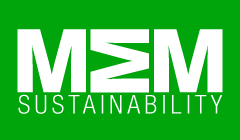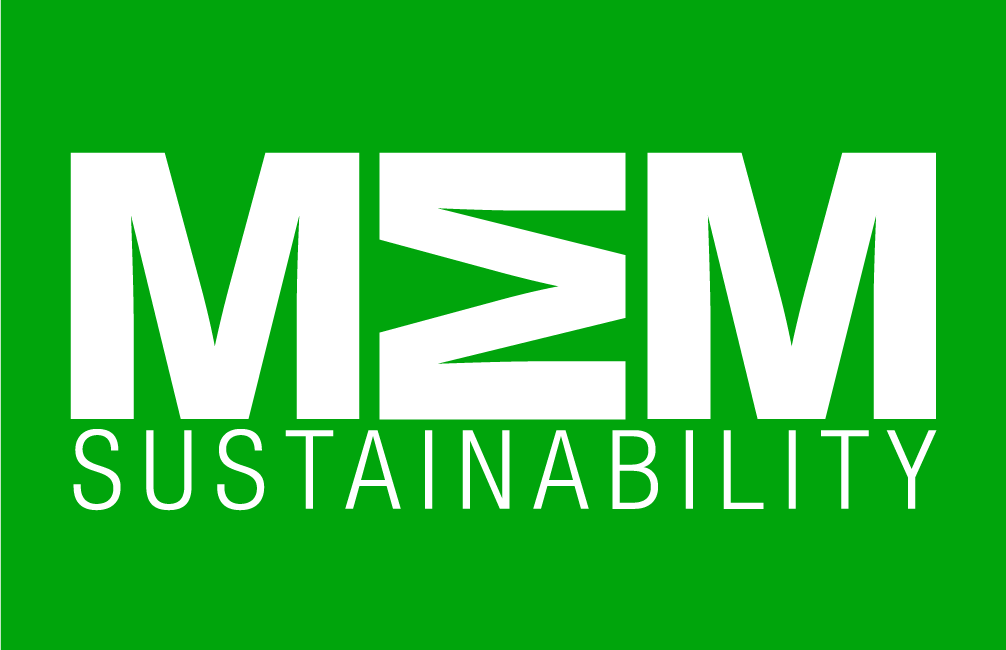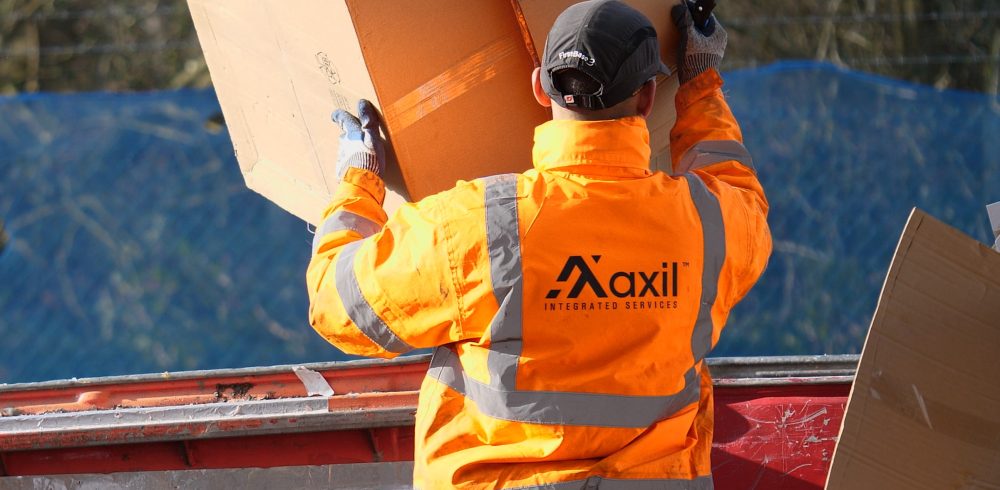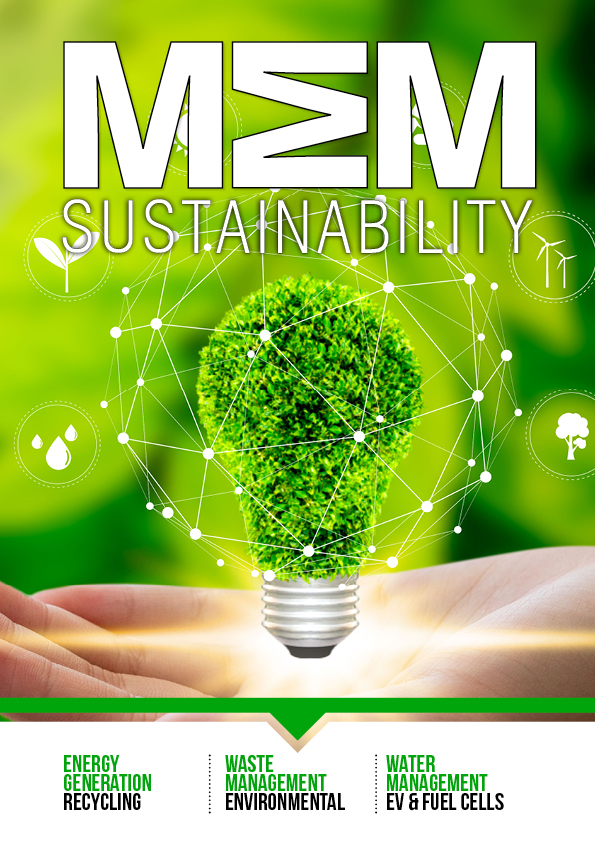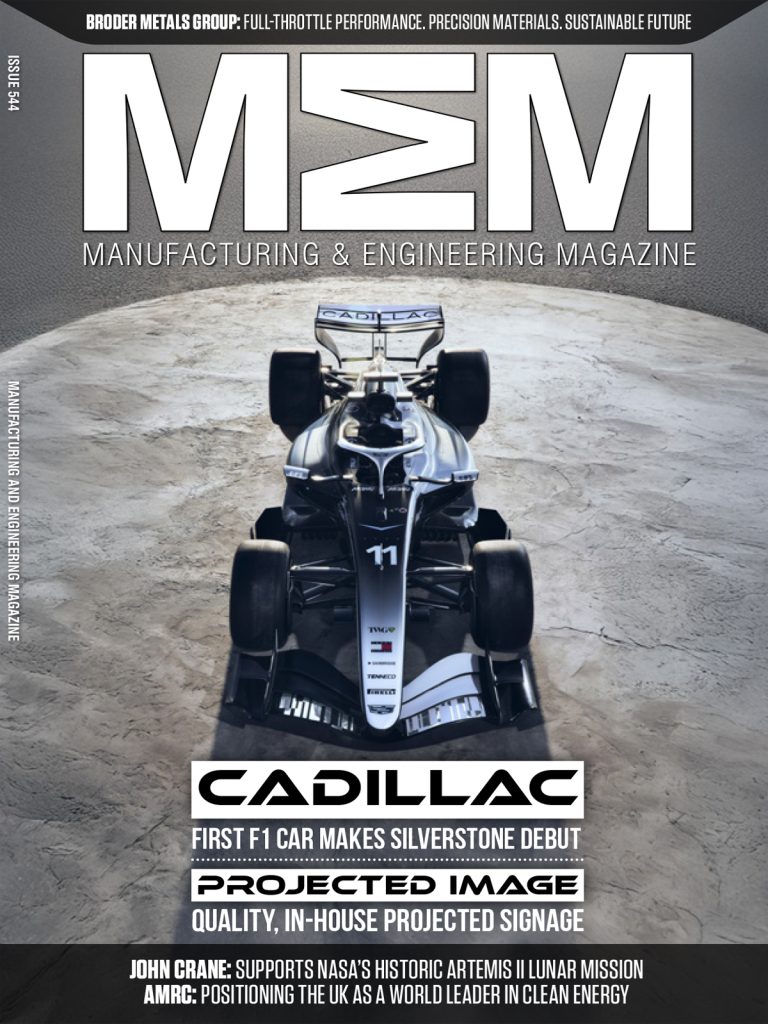Recycling within Manufacturing – Realising the Value of Waste Materials : Manufacturers are the largest consumers of raw materials, yet many believe they can’t recycle or operate on a ‘green’ level. Great things can be done to ensure sustainable production, drive out costs and even generate revenue back into the business with the right approach to waste.
Manufacturers need to look beyond the waste produced and look at reengineering processes to achieve maximum value.
Waste hierarchy principles in procurement
To improve environmental performance and reduce costs, it is important to incorporate more recycling in-house.
The waste hierarchy ranks waste options, prioritising those with the best environmental outcome. It gives top priority to waste prevention, followed by re-use, recycling, recovery, and finally, disposal.
Working with engineering and waste in mind, manufacturers can achieve significant improvements in material wastage. If waste is produced, is it of higher quality? Could it be sold to achieve rebates instead of disposed to landfill or energy recovery facilities?
Manufacturing ergonomics to unlock value
Locating the most appropriate containers in areas that produce most of that waste stream can be beneficial. Positioning balers and compactors at the end of alternate lines can ensure real-time disposal and increase segregation – both are key to unlocking the value of your waste.
Re-engineering waste logistics
Reviewing the frequency waste is handled before disposal is another quick win. Individual waste streams are often moved around a site several times before reaching their final destination.
Cutting waste ‘foot miles’ can be achieved through simple process adaptations, and this removes manual labour and decreases health and safety risks through movement reductions on-site.
Recycling for profit
Recycling materials at the right time is paramount. Mixed metal could deliver rebates sub £100 per tonne, however extracting the non-ferocious materials could achieve more than £500 per tonne. Further segregation of more valuable metals could release significantly higher returns. The swing can be huge if you separate your waste at the right point.
Zero to landfill
Many companies are seeking ways to improve their environmental performance by insisting on ‘Zero to Landfill’. In addition, manufacturers are looking to increase recycling to turn materials into commodities. This is ‘win-win’ as environmental targets are met; waste costs are reduced, and an income is generated from waste.
Data from your waste partner can show staff where waste and recyclates end up – it’s generally not in landfill. Engaging staff is key to making it ‘part of what we do’.
Overcoming objections to get the job done
Many companies think they can’t ask their employees to sort waste. If employers set achievable goals and provide solutions that are easy to follow, staff behaviour will follow. Employees want to do the right thing for the environment and good data can help with the virtuous circle.
Management Information & Reporting
The adage remains true – if you don’t measure it, you can’t manage it. Your waste provider should be gathering and sharing data that you understand and can act on. Your data should not only be informing your waste processes but also your raw material choices, and everything in between. If it’s not, then is it data you want?
Waste data should also form the backbone of audit and compliance reporting. Providing a full and transparent suite of information enables audits to run smoothly without surprise. Bespoke reporting software allows you to track the destination of your waste, ensuring your valuable intellectual property is protected.Waste & The bottom Line
There are misconceptions around waste management costing time and money – the fact is, if you don’t manage your waste effectively, it will cost you more time and more money.
Social conscience has never been more prevalent. Customers and end-consumers expect that businesses are doing the right thing, and demand is being placed on the manufacturer to demonstrate it.
Your waste is valuable, as a commodity and a recycled resource, and is more than just a by-product of production. If managed correctly, waste can be extremely beneficial to your core business.
Put your Waste to Work
How does your waste stack up?
- Do you have a single waste management provider?
- Are you achieving your environmental targets?4Are you looked after by a dedicated Contract Manager and do they pro-actively support you with continuous improvement ideas?
- Do you have simple and transparent reporting that you understand?
- Are you receiving marketing leading rebated from your waste?
____
If you answered ‘no’ to any of these questions, speak to Axil to improve your waste management solution.
Challenge Axil to re-engineer your waste – Arrange a waste review at axil-is.com/waste-audit
Manufacturing & Engineering Magazine | The Home of Manufacturing Industry News
